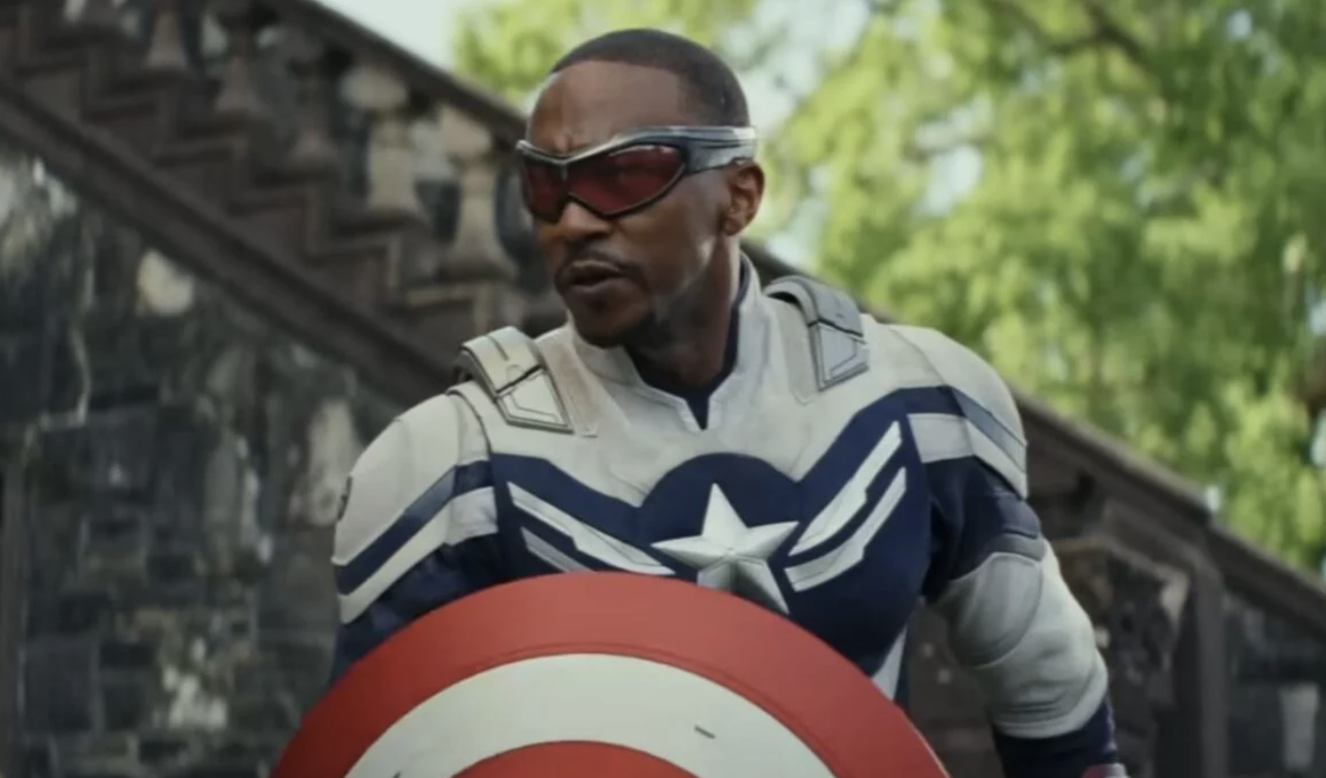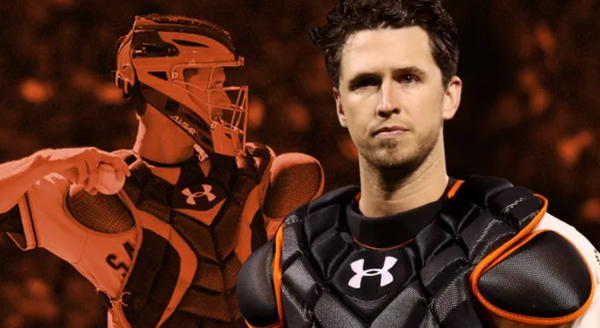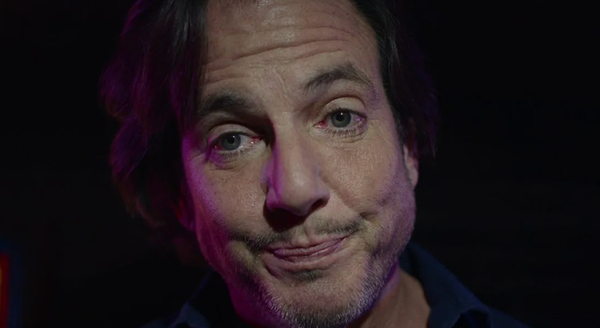The MCU's accidental poignancy
Captain America: Brave New World is very on theme, if only unintentionally

For reasons both earned and imagined, the Marvel Cinematic Universe and “superhero movies” in general have been blamed for all negative trends in moviemaking over the past 15 years, and the sentiment that they (or “proven IP,” a nebulous and misleading term most of the time) are the only movies that get made anymore. “Superhero fatigue” has been blamed for sluggish box office and the death of the movies since before the pandemic set in.
All of these things are true in part and false in part, and while there’s been a slowing of MCU movies and television shows recently, there’s certainly no danger of them stopping any time soon. What has been true, however, is that any new MCU product that gets released is viewed by critics through a veneer of “We all agreed we’re sick of this,” and is viewed through the mouth-breathing cretins of Rotten Tomatoes fans as being “woke pandering” if the movie features anyone other than white men and hyper-sexualized (white) women.
It is into this tepid bath that the latest MCU effort, Captain America: Brave New World has been birthed, the first Captain America film that doesn’t star Chris Evans as Steve Rogers, as the mantle was passed to Sam Wilson, the former Falcon, at the end of Avengers: Endgame and then made official in the Disney+ television series Falcon & Winter Soldier. The 35th MCU film, the follow-up to a tv show, is already fighting an uphill battle before you even get into the additional stigma of its retitling, being reworked via reshoots and pushed back a year after beginning production under the announced title Captain America: New World Order.
We’re not allowed to give superhero movies the benefit of the doubt (unless they’re made by James Gunn, in which case you (rightfully) have carte blanche as both a reviewer and fan to be anticipatorily giddy), but the deck being stacked against anyone giving Brave New World a fair shake is extremely fitting for Sam Wilson’s Captain America. Steve Rogers’ name is only invoked a couple of times in the film, but the weight of Evans’ iconic role is the elephant in the room for the viewer and especially for Sam. As was the case in Falcon & Winter Soldier, Sam proves himself capable and up to the task, but is plagued by doubt and second guessing. Those realities in the film’s text and subtext as well as hovering over the film’s production and release provide a bizarre reflexiveness to the proceedings that makes the film much more poignant, partly unintentionally.
Read the rest of this post by becoming a paid subscriber to the newsletter!



